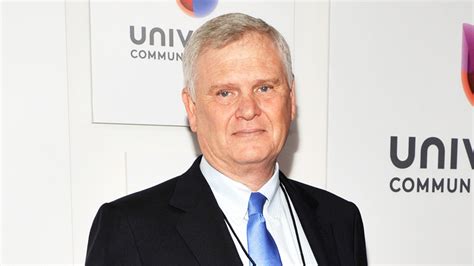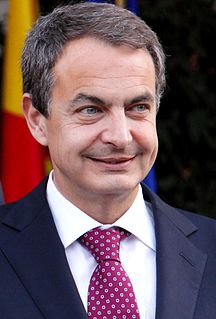A Quote by Cedric Bixler-Zavala
If I speak my version of Spanish in Spain, they laugh. Same with Mexico. It's an alien world to me.
Related Quotes
When I go to Colombia or Mexico, I speak Spanish. When I go to Italy, I speak Italian. When I'm in Germany, I speak German. Would I expect them to speak English in these countries? No. I mean, great if they do, but no. Would I be offended if in Spain they say we speak Spanish? No. If I was an immigrant there, no.
My father was born and raised in Havana, Cuba. His family is from Spain. My father never taught me how to speak Spanish when I was little. That's very disappointing to me. I'm still planning on learning it on my own. I really want to travel to Spain and immerse myself in the culture and learn it on my own.
The running joke about the Premio Cervantes, the most coveted literary prize in the Spanish-speaking world, which was established by Spain's Ministry of Culture in 1976, is that Cervantes himself wouldn't have received it. This is because he was, in his heart, the most anti-Spanish of Spanish writers.
A brief experience with a Radcliffe girl got very bad very quickly. I was so destroyed by it that I left and went to Mexico for a semester, where I have cousins. I learned how to speak Spanish, which was really important for my life. It was wonderful going to Mexico, learning another culture and a language.


































